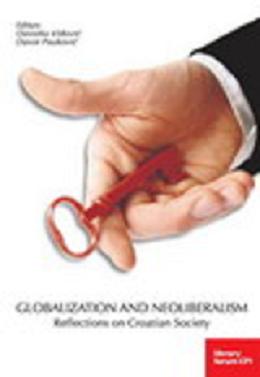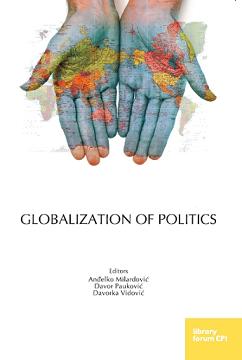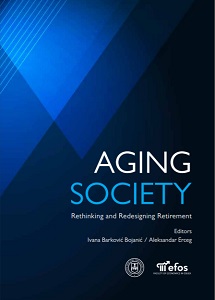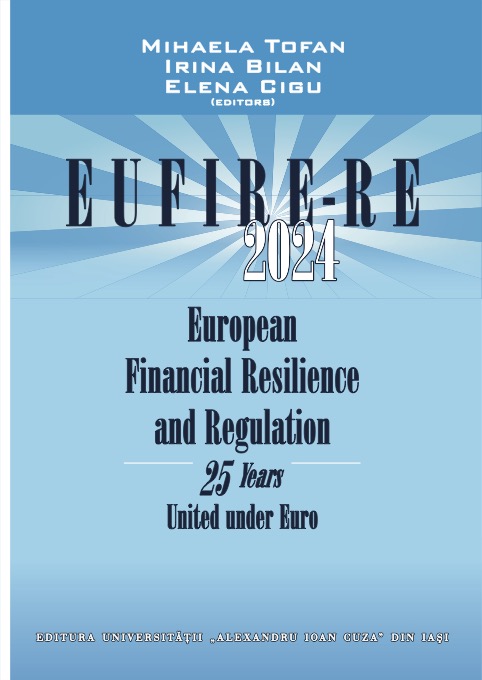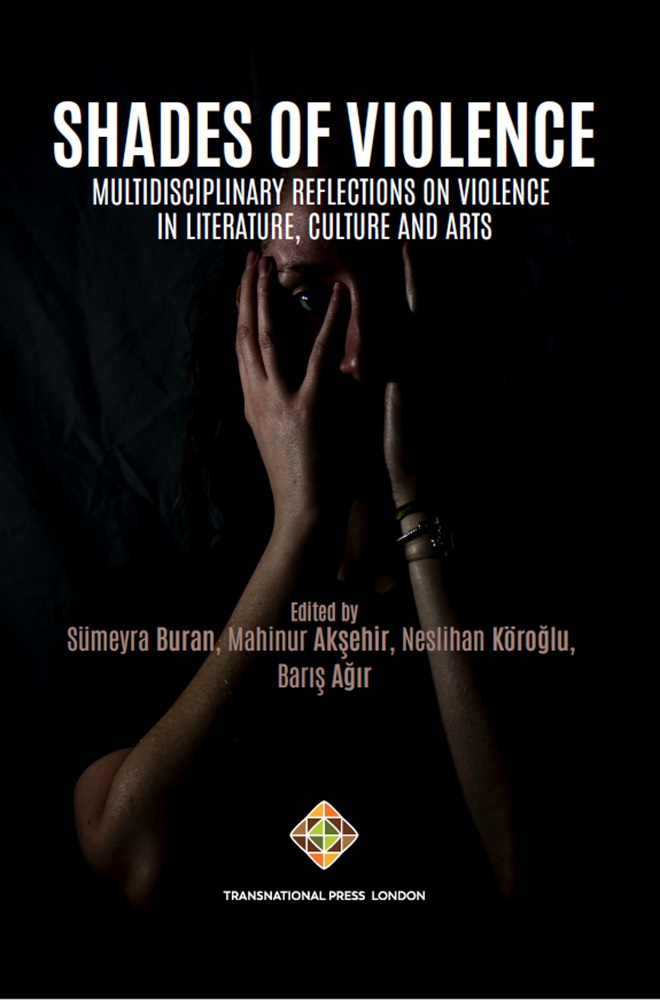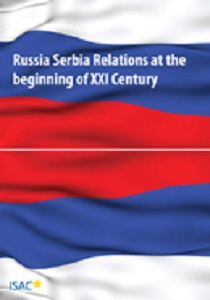
COGNITIVE WARFARE ATTACKS ON CRITICAL INFORMATION INFRASTRUCTURE
War has known continuous advancements; the latest advancement is cognitive warfare, a unique domain of modern warfare which is the art of using technology (especially cybernetic instruments) to modify the cognitive processes of the enemy against him. Critical Information Infrastructures are especially vulnerable to the mostly immaterial attacks of cognitive warfare and are vulnerable to the long-term effects of cognitive warfare. It is an unconventional form of warfare that exploits our prejudices, reflexive thinking, causes distortions in thought, it influences decision-makers and masses, etc. Protecting ourselves from this new threat is essential
More...

